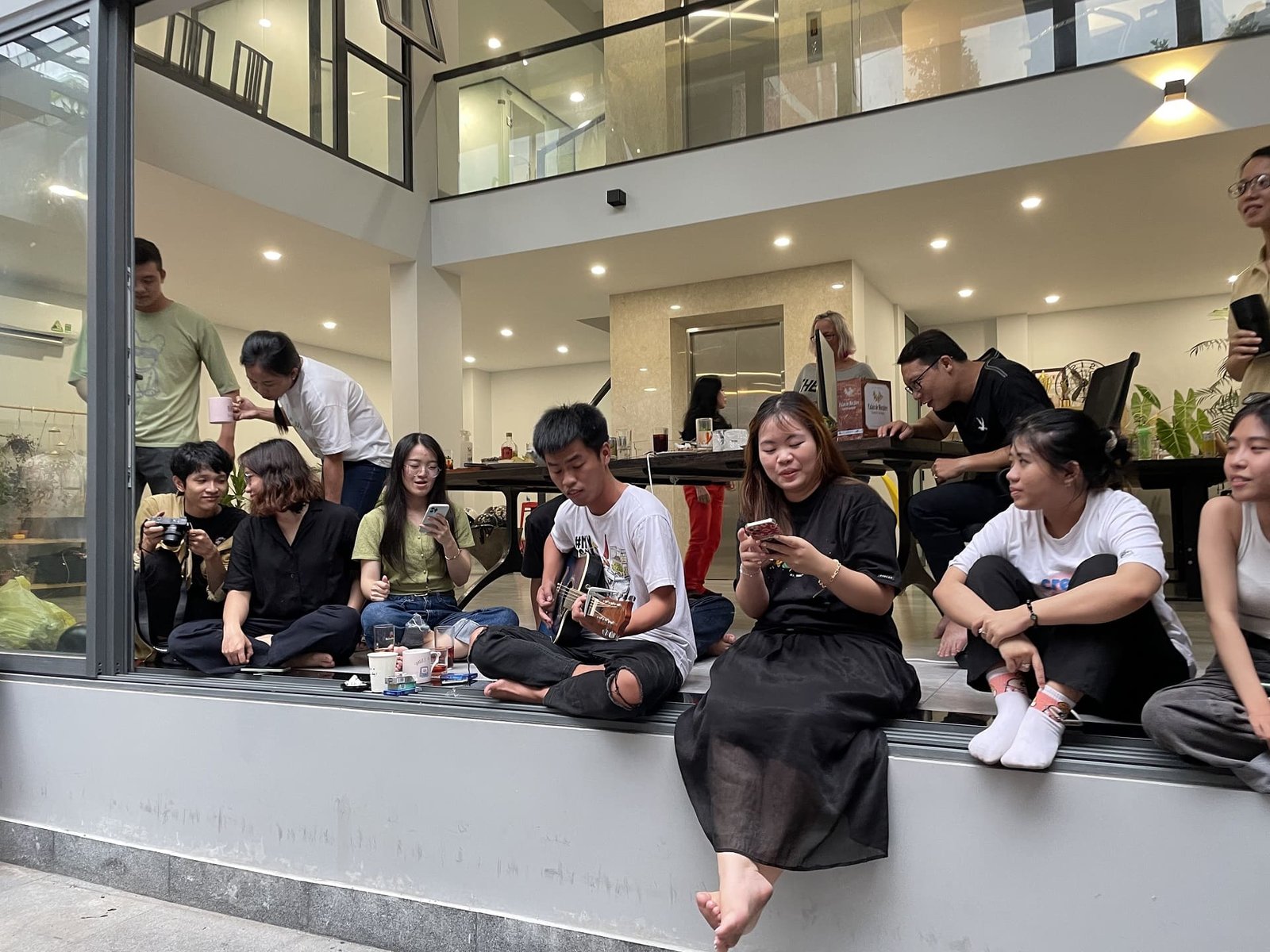Design Thinking has long been a staple of innovation, product development, and problem-solving. But in today’s rapidly changing world, a new generation is making it their own. Enter Gen Z—digital natives who challenge traditional structures, demand user-centric solutions, and instinctively apply design thinking principles to everything from career paths to activism. They don’t just embrace change; they expect it, and they design for it.
The DNA of Design Thinking
At its core, Design Thinking is an iterative process that prioritizes empathy, ideation, and experimentation. It’s about deeply understanding problems, challenging assumptions, and co-creating innovative solutions. The framework typically follows these five stages:
- Empathize – Understand the user’s needs, challenges, and aspirations.
- Define – Clearly articulate the problem to be solved.
- Ideate – Brainstorm a wide range of possible solutions.
- Prototype – Develop quick, tangible models to test ideas.
- Test – Refine solutions based on real-world feedback.
For businesses and organizations, this methodology has driven groundbreaking innovations. For Gen Z, it’s second nature.
How Gen Z Embodies Design Thinking
Gen Z embodies Design Thinking naturally, as their mindset aligns with its core principles: user-centricity, experimentation, adaptability, and continuous learning. Here’s how Gen Z integrates Design Thinking into their everyday lives and work:
1. They Prioritize Empathy
- Gen Z grew up in the digital age, constantly engaging with diverse perspectives through social media and online communities.
- Their focus on inclusivity, accessibility, and sustainability shows a deep understanding of user needs and pain points.
- They demand brands and products that are ethical, socially responsible, and meaningful.
Gen Z is the most diverse generation in history, and they place a strong emphasis on inclusivity. They are deeply engaged in social issues, leveraging digital platforms to amplify marginalized voices and push for systemic change. They demand brands and businesses to take a stand, mirroring Design Thinking’s focus on human-centered problem-solving.

Vietnam’s young workforce exemplifies this approach. The country has one of the fastest-growing digital economies in Southeast Asia, with mobile-first users demanding intuitive, high-quality digital experiences. Whether it’s mobile banking, e-commerce, or AI-driven personalization, Gen Z in Vietnam is shaping the future of technology with a deeply human-centered approach.
2. They Are Natural Problem-Solvers
- Gen Z thrives on identifying inefficiencies and outdated processes.
- They are vocal about systemic issues, from climate change to workplace flexibility, and use digital platforms to redefine problems and push for change.
Unlike previous generations who may have followed linear career paths, Gen Z treats their professional and personal lives like a design project—constantly iterating and refining. They are less likely to settle for a traditional 9-to-5 job structure and more likely to explore gig work, entrepreneurship, and alternative education paths. If a system doesn’t work for them, they redesign it.
3. They Love Ideating with Creativity & Collaboration
- They embrace brainstorming and open innovation, often using platforms like Discord, TikTok, and Reddit to generate and refine ideas.
- Gen Z values co-creation, often involving communities in product development and content creation.
Having grown up in an era of rapid technological advancement, Gen Z is fluent in digital tools. However, unlike previous generations who viewed technology as an enabler, Gen Z sees it as an extension of human experience. They expect seamless, personalized, and socially responsible digital solutions. Their ability to integrate tech into everyday life aligns perfectly with the iterative nature of Design Thinking.
With over 20 million Gen Z individuals making up a significant portion of the labor force, Vietnam is becoming a hub for digital transformation, innovation, and startup culture. Every day, I see how our young Vietnamese team embodies this ethos, constantly experimenting with new ideas, challenging industry norms, and iterating solutions to optimize digital marketing, app development, and business transformation.
4. They Embrace Experimentation and Failure
- Gen Z is highly experimental, testing concepts through rapid prototyping—whether launching side hustles, creating TikTok trends, or engaging in crowdfunding.
- They favor Minimum Viable Products (MVPs) and iteration over perfection, mirroring agile methodologies in design thinking.
- They rely on real-time feedback loops, adjusting their ideas based on engagement metrics, online discussions, and peer input.
- Their digital fluency allows them to analyze trends and pivot quickly when necessary.
Fail fast, learn faster. This is the ethos of both Design Thinking and Gen Z. Whether it’s testing side hustles, launching social movements, or engaging in digital activism, Gen Z understands that iteration leads to growth. They are not afraid to pivot when an idea doesn’t work, embodying the prototype-and-test cycle naturally.
5. They Challenge the Status Quo
From climate change activism to rethinking corporate structures, Gen Z refuses to accept “the way things have always been done.” They call out performative activism and push for transparency. They demand co-creation and inclusivity in all aspects of work and life, much like Design Thinking practitioners involve end-users in every step of the process.
At Shutta, we see this firsthand. Our team members don’t hesitate to challenge outdated workflows, propose efficiency-driven tools, or rethink customer engagement strategies. Their fresh perspectives drive innovation not just within our company but also in the solutions we create for clients.
Why Businesses Need to Pay Attention
Gen Z isn’t just using Design Thinking—they live it. Whether through activism, entrepreneurship, or digital content creation, they embody the iterative, human-centric mindset that drives modern innovation.
Companies that embrace Design Thinking and align with Gen Z values will thrive. This generation expects businesses to be agile, ethical, and user-focused. They value brands that listen, adapt, and solve real problems—not just sell products. Organizations that integrate Design Thinking principles into their culture will not only attract Gen Z talent but also future-proof their business.
Gen Z and the Future of Innovation
Gen Z isn’t just adopting Design Thinking; they are redefining it. They are shaping the future of work, education, and activism through their instinctive use of empathy, iteration, and innovation. Vietnam’s young workforce, with its entrepreneurial drive and willingness to experiment, serves as a prime example of how this generation is transforming industries.
As businesses, educators, and leaders, the challenge is clear—adapt to this new way of thinking or risk being left behind. More than just improving processes, the Gen Z mindset is paving the way for a more inclusive, innovative, and dynamic future.

